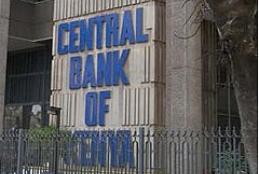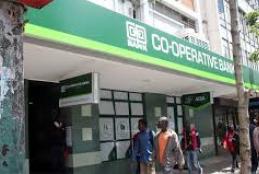Keep Hope Alive: A message for Youth Amidst COVID-19 Pandemic
We are facing a public health crisis that has never been witnessed before in the history of the modern world. Like a whirlwind, Covid-19 struck the world so fast no one seems to understand what it is that is happening. In a single, ominous strike COVID-19 has killed thousands, shut down economies, rendered millions jobless and overseen closure of schools. Practically, COVID-19 has completely disrupted all spheres of our lives in ways we couldn’t ever have imagined before.




